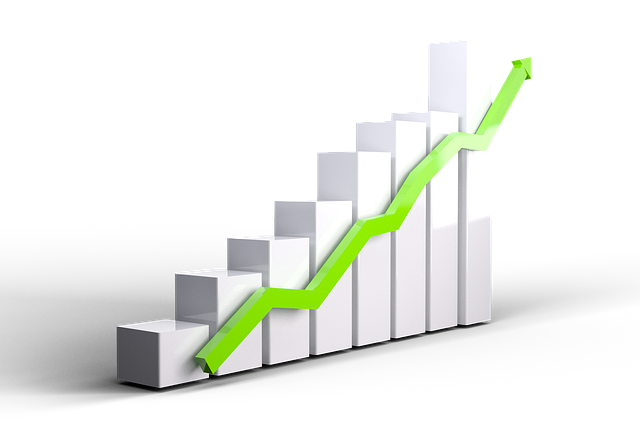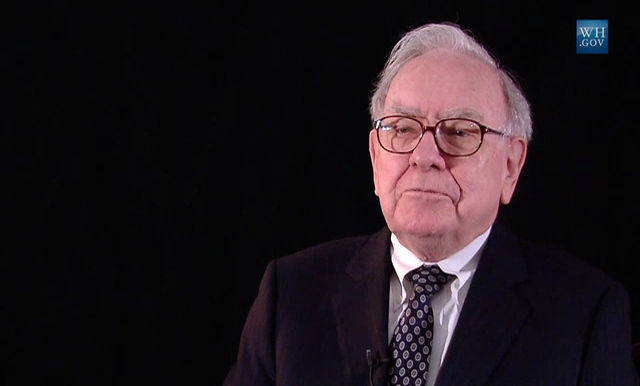Key Points
- Investing starts with determining who will manage your funds and how much risk you're willing to take.
- Stocks offer potential for high returns but require a deep understanding of market trends and risks.
- Bonds are a safer alternative, providing fixed income over a specific period with less volatility.
- Both stocks and bonds can be purchased through various types of brokerage services, each with its own cost and level of guidance.
- While stocks need active management and monitoring, bonds are more suitable for long-term, hands-off investing.
If finance is like a frenetic horse race, investments are the horses; you may have bet on the right investment vehicle and find yourself richer, or realize that your pick of the lot has lost the race and you end paying up. The analogy may sound investment like a risky venture, however, with the right knowledge, and moreover, the right attitude, you will find that it is easy to get a steady foothold in the fast-paced realm of financial investments.
Investing is defined as an act where you peg your funds, monies or resources with a venture and hope to make a profit from it.
Before you delve into investing, the first and foremost thing to consider is the management. Who is going to make the decisions on how to invest or trade for you? Will you do it for yourself, or will you hire an investment manager to take care of all the worries on your behalf, your financial planner.
The second thing to bear in mind is the funds you have at your disposal and how much of a risk you can take in losing it in an investment. Lastly, you have to decide on how long you can afford to have these funds tied up in an investment.
Whether you decided to hire a professional financial advisor to steer you through investments, or you want to see them through yourself, the most important thing is to know the basics and all investment options that you have. Depending on your knowledge base and your financial circumstances, you will then have to come up with an investment strategy.
For a rookie, here are two basic investing ideas to get you started:
Stocks:
The most popular investment vehicle, trading in stocks is based on a simple principle, buy low, sell high. That is, buy stocks when they are priced low and sell them when their price rallies higher and you can earn yourself a neat profit. While it may seem an easy investment option, it takes financial acumen and most of all patience, to see a profit at the end of the day.
Stocks, or shares are small units of ownership in a publicly traded company. For a small, first time investor, this basically translates as reaping the profits from the company's good performance in the stock market. When a private firm goes public, it will offer its shares or stocks for sale, the process is called Initial Public Offering (IPO). You must remember the hoopla that surrounded Facebook's IPO some years back.
You can buy stocks through a brokerage house, full-service brokerage houses will also guide you through the process of stock trading and advice you on how to maximize your profits.
A discount brokerage house, on the other hand, will cost you less in terms of commissions, but you will be mostly left to your own devices on deciding how to trade.
Stock prices of a publicly traded company keep changing through a trading period, depending on a lot of factors, including, but not limited to supply and demand. How profitable the company is going to be also adds to its attraction for stock investors.
Apple's shares or stocks, for example usually do well before it is due for a new product launch. This rise in its prices is because more investors are hopeful of another spectacular product by the company, and want to partake in its anticipated profits. More demand for the stocks drives up the price. Before Apple unveiled its iPad mini and the 4th generation iPad in October 2012, its stock price had reached the 634 USD mark; the very same afternoon, after the announcement, the price nosedived to below 616 USD. It was mostly seen as a sign of stagnancy in the company's product philosophy and more investors sought to rid of their shares, assuming that the new products will not do as well as their predecessors. An increase in the number of stocks up for sale meant greater supply and thus a drop in share prices.
As an investor in stocks, you must have patience and a sharp eye for picking up market trends. A host of reasons dictate how a particular stock is going to fare; anticipating a company's performance and then deciding on your trading moves will help you gain confidence in stock trading. Before you actually start out in investing, it would be wise to start following business and finance news closely and see if you can work out stock market trends, forecast how a company's stocks would trade. Once you have developed a knack for picking up market trends, you can realize your investing strategies.
Bonds:
Somewhat along similar lines with stocks, bonds are also securities in a company; however, while stocks give you a partial ownership of the company, a bond makes you a lender in partially financing the company.
Unlike their charged counterparts, bonds are staid, low risk and also offer a lower rate or return.
There are two ways a public traded company, or a private company going public, can raise funds. One, it can offers stocks, or partial ownership to the public, equity financing, or two, it can borrow some money from the public, debt financing, and offer bonds as an IOU for their share in the fund raising.
Bonds are also fixed-income securities, that is, there are no conjectures involved in how the company would perform in the days to come for your share of the profit. Bonds guarantee you payment plus interest on your investment, at an agreed rate, after a certain period of time, when they mature.
Like stocks, bonds can also be bought through a brokerage house, either full-service or a discount one. Specialized agents, bond brokers require a larger investment, upwards of 5000 USD as an initial deposit.
Governments, cities as well as corporations, all can issue bounds as means of raising funds for their investments.
Bonds issues by the US government are called treasury bonds and can be classified according to their maturity periods. Treasury bills are debt securities with a maturity of less than a year, treasury notes can have a maturing period ranging from one to ten years, treasury bonds mature in more than ten years.
Government bonds are usually considered a safe investment, you know that you will get your interests on time and the principal returned to you once the bond matures. For the safety it offers, bonds are the best way to invest your money in if you are looking for a long-term and stable source of income, perhaps post-retirement. So you can buy bonds, or invest in mutual funds that deal in bonds, and have a peace of mind of secure income down the line.
Corporate bonds are issued by companies. These are slightly riskier than treasury bonds, since a company can go bankrupt. A good way to determine the risk factor in corporate bonds is to check its ratings on Moody's, S&P and Fitch. The ratings range from highest category, AAA to C/D, meaning the bonds are in equivalent value as a ‘junk'. Corporate bonds offer more flexibility in terms or maturity periods, and they also have a better rate of interest or yields which makes them a great investment vehicle.
The third type of bond is called the zero-coupon or accrual bond. It is offered at a deeply discounted price, for example, you can buy a 1000 USD bond for 500 USD today and it will mature in 10 years. At the end of ten years, you will get 1000 USD for your bond; that is 500 USD on top of your principal. However it means that there will be no interest payments made in the interim, no coupons will be issued and its value will accrue.
In summation, stocks are fast-paced, though riskier investments that offer greater returns, but they can also mean a total loss of all your investment. You will have to actively manage and monitor their performance and decide on your trading strategy. Bonds on the other hand, are long-term, secure investments that may have a lower yield, but a guaranteed return once they mature.







